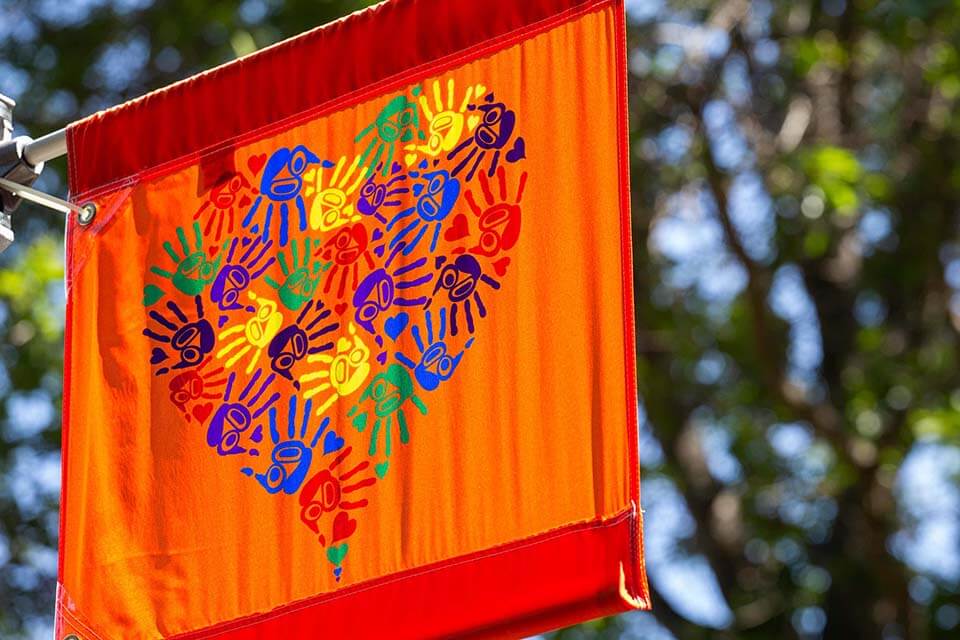
Earlier this year, the federal government declared Sept. 30 the National Day for Truth and Reconciliation, a federal statutory holiday, as a response to the 80th Call to Action in the TRC’s Final Report.
In previous years Sept. 30 has been recognized as Orange Shirt Day, a day to honour and remember the Indigenous peoples that were impacted by the residential school system. Orange Shirt Day was started by Phyllis Webstad, an Indigenous activist who also survived the residential school system. Her orange shirt, gifted to her by her grandmother for her first day of ‘school’, was taken away from her along with the rest of her belongings upon her arrival.
Having a National Day for Truth and Reconciliation is a good start towards achieving reconciliation with Indigenous peoples, but more practical action needs to be taken by the federal government to achieve true reconciliation. That means ending boil water advisories on reserves, which the Liberals promised in 2015, as well as stopping the court battle over funding for Indigenous children in care.
Reconciliation also entails taking the 94 Truth and Reconciliation Commission Calls to Action seriously and not just cherry picking those that are easy. We need real political will and while the government may pat themselves on the back for instituting a National Day for Truth and Reconciliation, there is still a long way to go.
Call to Action 80 stated that the creation of a federal statutory holiday would “ensure that public commemoration of the history and legacy of residential schools remains a vital component of the reconciliation process.”
The idea is to have a day of commemoration similar to Remembrance Day, a “holiday” marked for sombre reflection, learning, and ceremony. Despite two invitations from Tk’emlups te Secwépemc Nation to commemorate with them in Kamloops, Prime Minister Trudeau spent Sept. 30 in meetings and vacationing with family in Tofino. While many cities, towns, institutions, and nations commemorated in different ways, shirking responsibility and relaxing on a beach certainly is unique.
For its part, UVic marked the occasion with Orange Shirt Day events from Sept. 27-29 and the closure of the university on Sept. 30. While this acknowledgement and opportunity for reflection on the ongoing harms of colonialism is a good start, it’s just that — a start.
The university, as well as other institutions, needs to listen to and amplify the voices of Indigenous people every day, not once a year. As a start, UVic could implement the calls to action released by the Indigenous Faculty Caucus on July 1.
One of the caucus’s calls is for greater recognition of the disproportionate labour required of Indigenous academics, and increased accountability from settlers.
“We call for increased recognition for the added emotional and epistemic labour that Indigenous academics have been taking on for generations to educate non-Indigenous folks in Western education systems,” the statement reads. “We call for a commitment to hold non-Indigenous settlers accountable for the hard work of learning/unlearning colonial history, decolonizing systems, and engaging in skills-based anti-racism education and praxis.”
The statement also suggests that UVic’s territory acknowledgement should be more focused on action. The acknowledgement should reference “the ongoing effects of residential school, Indian hospital, and child welfare policy and practices,” says the caucus.
The National Day for Truth and Reconciliation was a good start. At UVic, and everywhere, let’s listen to, support, and enact the calls to action from Indigenous people every day of the year. It shouldn’t be up to Indigenous people to shoulder the burden of reconciliation. All of us need to play our part.







